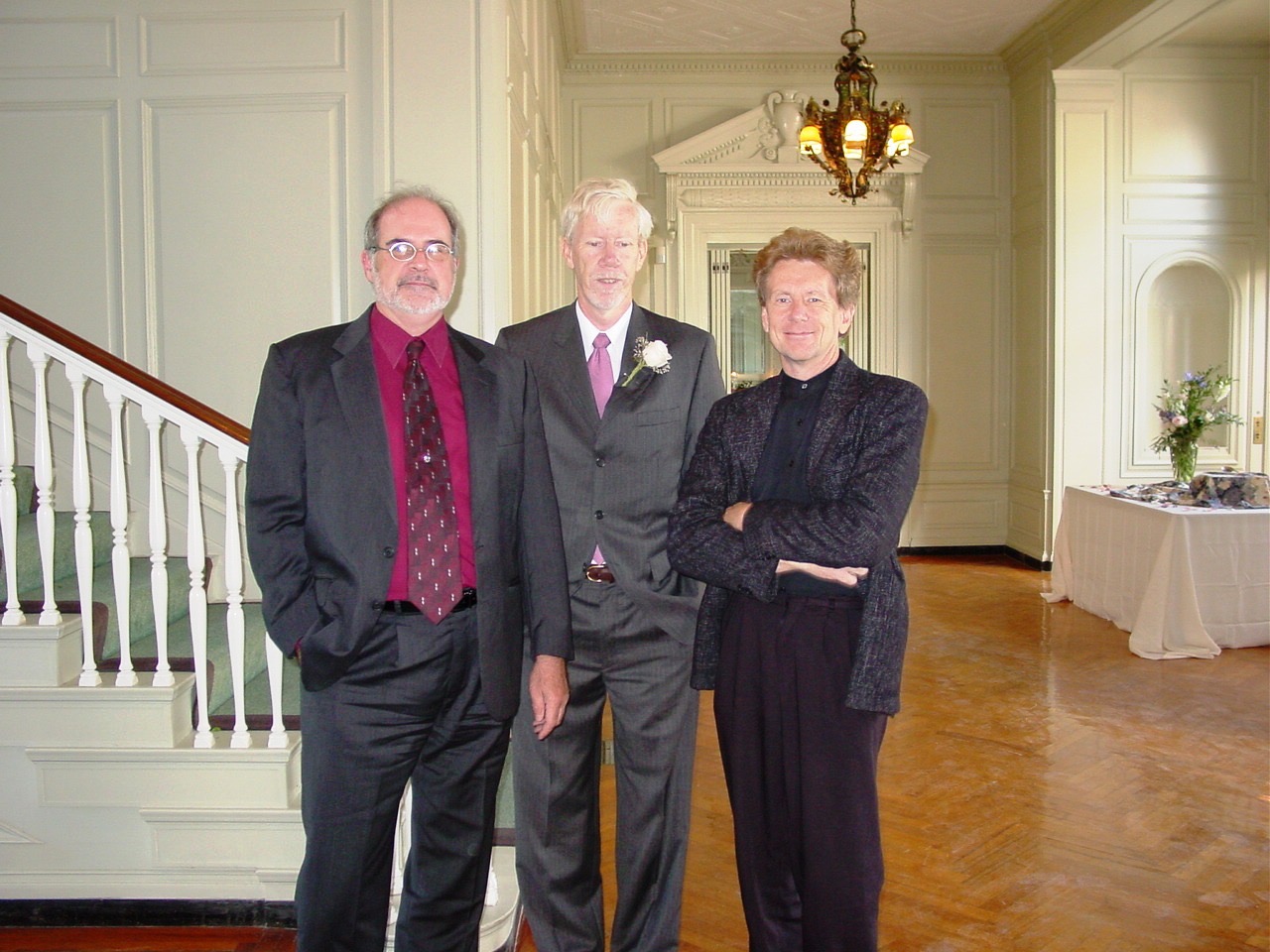Welcome to the Wakefield Doctrine (the theory of clarks, scotts and rogers)
This is a post that is mostly-inspired by the current (Sunday) weather. The music vid at the bottom is as much a part of the post as the pine-bending, ocean-warm wind that we’re pretty much enjoying today.
The song has something that, to me, compliments a certain kind of weather. Windy, but not cold. Rainy, but with intermittent torrential downpours. And …and! in my location the wind has a tone, a voice, if you will. Pine forests tend to do that. Nothing all frantic and oh-my-god(ish), like the way oaks and maples and the deciduous trees tend to impart on wind. There is, with pines, a ‘coherence’ to the tone of the wind.
Better, there is a sense of locality. I can sit here, looking out into the woods and hear the wind in the distance. Sometimes it approaches, building in volume and immediacy. Other times, you can hear it head this way, but turn off in another direction. If you listen closely, you can hear sound of trees-and-wind wrestling someplace farther away.
Rather cool.
But, this post is about the Wakefield Doctrine.
It is about the goal of writing the perfect Doctrine post. The perfect Doctrine post is one that a Reader, lacking any familiarity with this blog or it’s writings, can read once and be able to apply the principles of the Wakefield Doctrine to their own world, and the people who make it up.
Shall we give it a shot?
The Wakefield Doctrine offers a perspective on the world, and the people who make it up. Imagine, (for a moment), accept, (for the sake of argument) or agree, (long enough to get through this post), that we, all of us, live in a reality that is, to a small, but very real degree, personal.
That we, all of us, have a certain, enduring relationship with the world around us, (and the people who make it up), that’s not such a leap, is it? There’s always an element of ‘me/I’ to our existence, no matter how selfless or busy or important we might be.
The Wakefield Doctrine offers three descriptions of the basis of this relationship, the one that all of us develop as we live and mature. What makes the Wakefield Doctrine a perspective, (an additional perspective), on the world, and the people who make it up, is the character of these three ways of relating to the world.
As an Outsider(clarks), as a Predator(scotts) and as a Herd Member(rogers), each of these three ways of relating ourselves to the world around us offer insight that most never enjoy.
The most singular value of this exercise, for many of us, is the fact of ‘additional perspectives’. The value and the power of accepting (an) additional perspective, lies in letting go of the un-examined worldview that most of us begin life with.
…. out of time.
New Readers? The descriptions of typical characteristics and behaviors of the three predominant worldviews, (aka personality types), is not only helpful in identifying others, it is invaluable in appreciating the nature and character of the three ways we might relate ourselves to the world around us.
Learn the three and you will know more about the other person than they know about themselves.
It’s fun too! ‘Cause, when you’re out in the world, you will see clarks, scotts and rogers act so much like their respective types that you’ll think someone put them up to it! No, serially!
But fair warning! If you go to the effort to learn the three worldviews sufficiently to identify them in your life, you may find that you are unable to not see the clarks, scotts and rogers in your world.
Not quite a perfect Doctrine post. Ran out of time. Should have included a basic description of the three predominant worldviews, at least how they are likely to behave in common, everyday activities and situations.
Maybe next time.


 About clarkscottroger
About clarkscottroger
Love your description of the wind’s playfulness with the trees.
Enjoyable all around post- what’s more fun than reading about how clarks, scotts and rogers “behave in common, everyday activities and situations”! Comes in pretty darned handy :)
Still fun and still not work (to write about the Doctrine)
It’s as perfect as the time allowed.
ty, M
Everything about our woods is whimsical, almost magical. You described it perfectly.